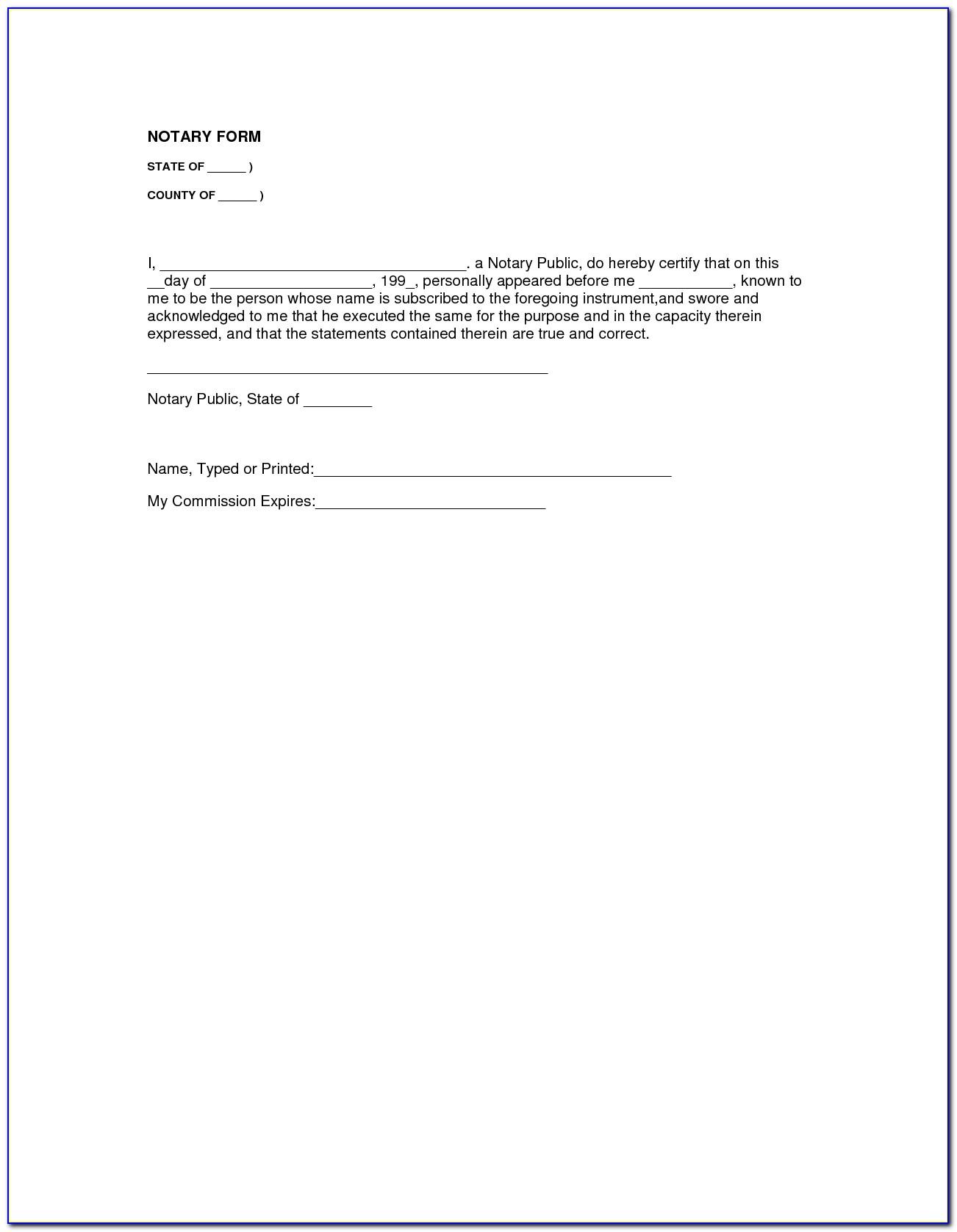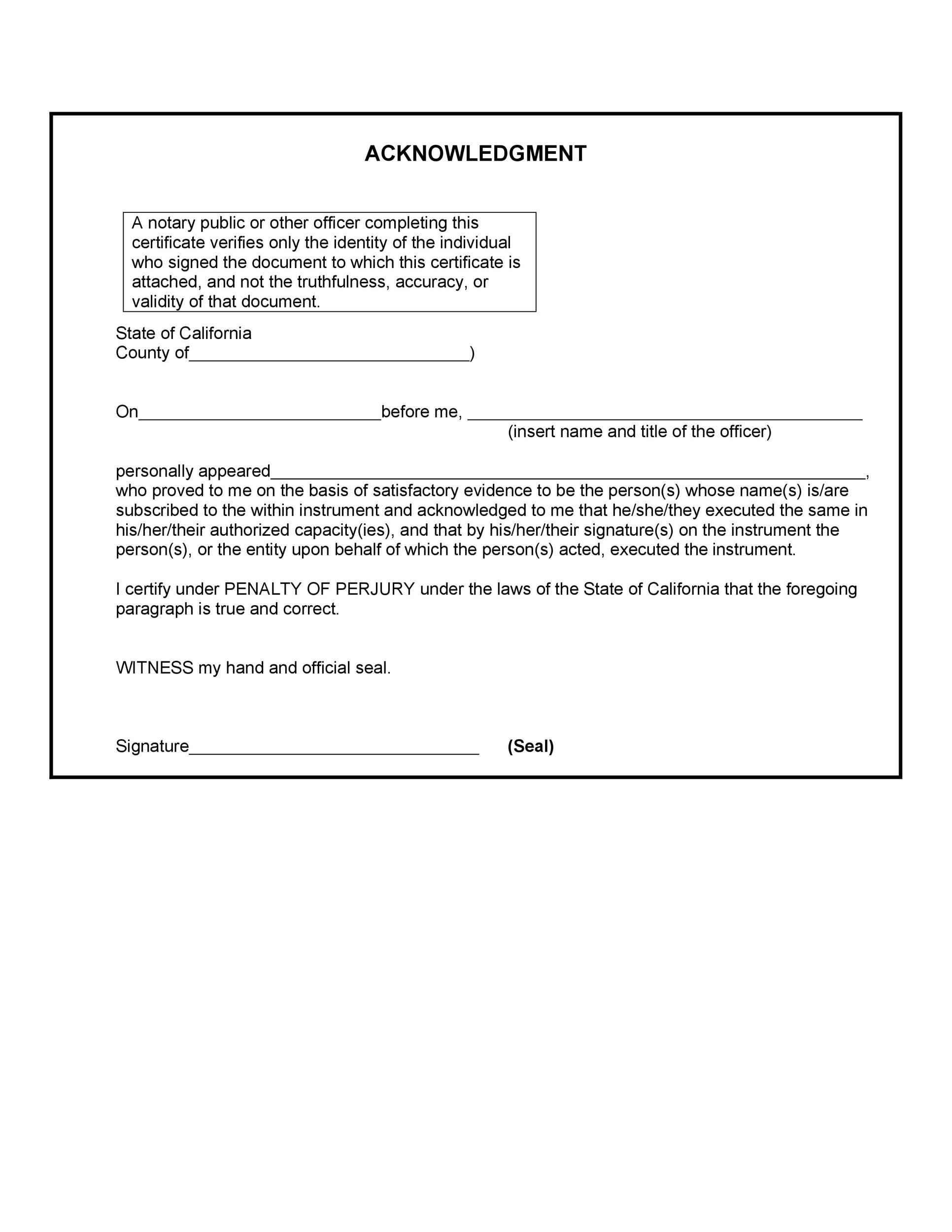


In many cases, you can also make your will self-proving by attaching notarized sworn statements from your witnesses, but this step is not necessary to make your will legal it simply helps your loved ones save a few steps later on during the probate process. Only two states, Colorado and North Dakota, currently allows will-makers to choose to have their signatures notarized instead of witnessed. When you're talking about a will, a notarized signature is not the same thing as a witnessed signature. While state laws on the requirements of a will can vary, almost all states require two disinterested (see below) witnesses. How Many Witnesses Are Necessary for a Will? But if there are witnesses, they can come to court and testify that the will-maker stated the document was his or her will, and appeared to be of sound mind and not under any undue influence. Why this extra level of formality and caution, when it's not required for other important documents such as contracts or promissory notes? The simple answer is that by the time a will takes effect, the person who signed it is no longer around to say whether or not the document that's being presented to the probate court is really his or her will.
Does a will have to be notarized in washington state how to#
(For a more general overview of the requirements for a valid will, see How To Determine if a Will is Valid.) Why Are Witnesses Required? The witnesses must know that the document is intended to be that person's will, and they must also sign the document themselves. Unlike other legal documents, a will generally isn't valid unless two adult witnesses watch the will-maker sign it. The Internet is not necessarily secure and emails sent through this site could be intercepted or read by third parties. The lawyer or law firm you are contacting is not required to, and may choose not to, accept you as a client. Any information sent through this site does not create an attorney-client relationship and may not be treated as privileged or confidential. You should not send any sensitive or confidential information through this site. Your number will be held in accordance with our Privacy Policy. You will receive up to 2 messages per week from Martindale-Nolo. Attorneys have the option, but are not required, to send text messages to you. You are not required to provide consent as a condition of service. Messages may be sent using pre-recorded messages, auto-dialer or other automated technology. Martindale-Nolo and up to 5 participating attorneys may contact you on the number you provided for marketing purposes, discuss available services, etc. By clicking "Find a Lawyer", you agree to the Martindale-Nolo Texting Terms.


 0 kommentar(er)
0 kommentar(er)
